The patient-centered medical home (PCMH) is emerging as the core framework for care delivery transformation as the healthcare industry faces increased pressure to produce better outcomes at lower costs. This model is increasingly being utilized as a central component of accountable care organizations (ACOs), clinically integrated networks (CINs), and population health management initiatives. Because the PCMH model has become so critical to redesigning care delivery, ECG Management Consultants has developed a PCMH Readiness Assessment Methodology that reviews an organization’s ability to operate a PCMH. The tool is designed to leverage existing strengths, address operational weaknesses, and identify resources to invest in key capabilities.

Readiness Assessment Methodology
Typical approaches to developing PCMH capabilities focus on implementing changes to meet PCMH requirements rather than understanding performance gaps between current operations and the desired future state for the most important aspects of a PCMH. A transition to a PCMH begins with assessing organizational strengths and weaknesses followed by implementing and continuously improving the model and eventually integrating the model with payers. While PCMH guidelines are published by national accrediting entities, key operational competencies are not prioritized. As such, ECG believes a targeted review of the following critical components of a PCMH is necessary:1
- Care Delivery Model – Reviews the extent that the organization provides patient-centered, team-based care, engages patients and families in their health, follows standard clinical protocols, ensures care coordination as well as access and continuity, focuses on patient flow, and manages a population’s health.
- Organization and Management – Considers the organization and governance of the model, alignment among providers and with the system, integration with specialists and hospitals, breadth of services provided within the delivery network, and the extent to which performance standards are utilized.
- Information Technology (IT) – Assesses the use, optimization, and deployment of IT resources to manage care within the organization and across the integrated care network.
- Financial Management – Analyzes a group’s ability to assume financial risk, distribute funds among providers who deliver care, and restructure existing payer contracts to receive value-based payments.
- Culture – Evaluates the organization- and system-level culture and change management capabilities.
Within each key component, there are specific competencies that are critical to a successful and sustainable PCMH and should be evaluated as a part of the readiness assessment.


Each competency is scored based on an organization’s current capabilities and weighted on its relative importance in operating a PCMH. Culture is scored separately, as an organization’s existing cultural dynamics that either support or inhibit team-based care should be assessed separately from its operational preparedness. The scores are then added together to reach an aggregate score, which allows organizations to prioritize the tasks necessary to transition to the PCMH model.
Key Takeaways
With the healthcare industry focused on improved outcomes and lower cost, the PCMH model has emerged as a critical component of a value-based delivery network. As such, providers must consider how they may need to redesign their care delivery around specific chronic conditions and/or patient populations and utilize thoughtful readiness assessments when transitioning to, and operationalizing, a PCMH.
Footnotes
1. ECG leveraged nationally recognized PCMH-affirming entity guidelines (e.g., National Committee for Quality Assurance, The Joint Commission, Accreditation Association for Ambulatory Healthcare) to develop the PCMH Readiness Assessment Methodology.

